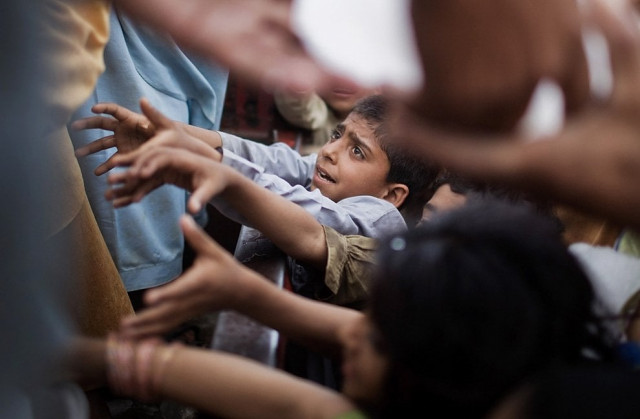Overwhelmed by poverty
Effective policies at federal level need to be formulated but the Baloch leadership also needs to raise its game.

Effective policies at federal level need to be formulated but the Baloch leadership also needs to raise its game.

The situation in Balochistan is complicated. And so is the measure of poverty, which in its simplistic form is based on what people earn. The most disheartening factor is how the Baloch people score so low on the ‘Poverty of opportunity’ index. This is measured by their lack of access to not just income, but health and education.
Today, Balochistan is marked by a high rate of poverty, illiteracy, unemployment, and infant and maternal mortality. Years of military operations and insurgencies, coupled with discriminatory policies and poor governance have been root causes of this. The bulk of the projects that have been launched, including the Gwadar port, Mirani Dam, coastal highway, cantonments and the extraction of copper and gold deposits, do not envisage much local participation and trickle-down effect to the people. For example, the Sui gas which enriched large parts of the country, but the same gas was denied to Balochistan and the Bugti area for decades. Meaningful development can occur if there is political empowerment, local participation, improved healthcare, better educational and employment opportunities, reasonable income levels and peace. However, years of neglect by successive governments has not been the only problem. The apathy of the local sardars towards the state of their people is also to blame. It is true that effective policies at the federal level, involving not just economic but social equality for Balochistan, need to be formulated, but it is equally true that the Baloch leadership also needs to raise its game.
Published in The Express Tribune, February 27th, 2013.















COMMENTS
Comments are moderated and generally will be posted if they are on-topic and not abusive.
For more information, please see our Comments FAQ